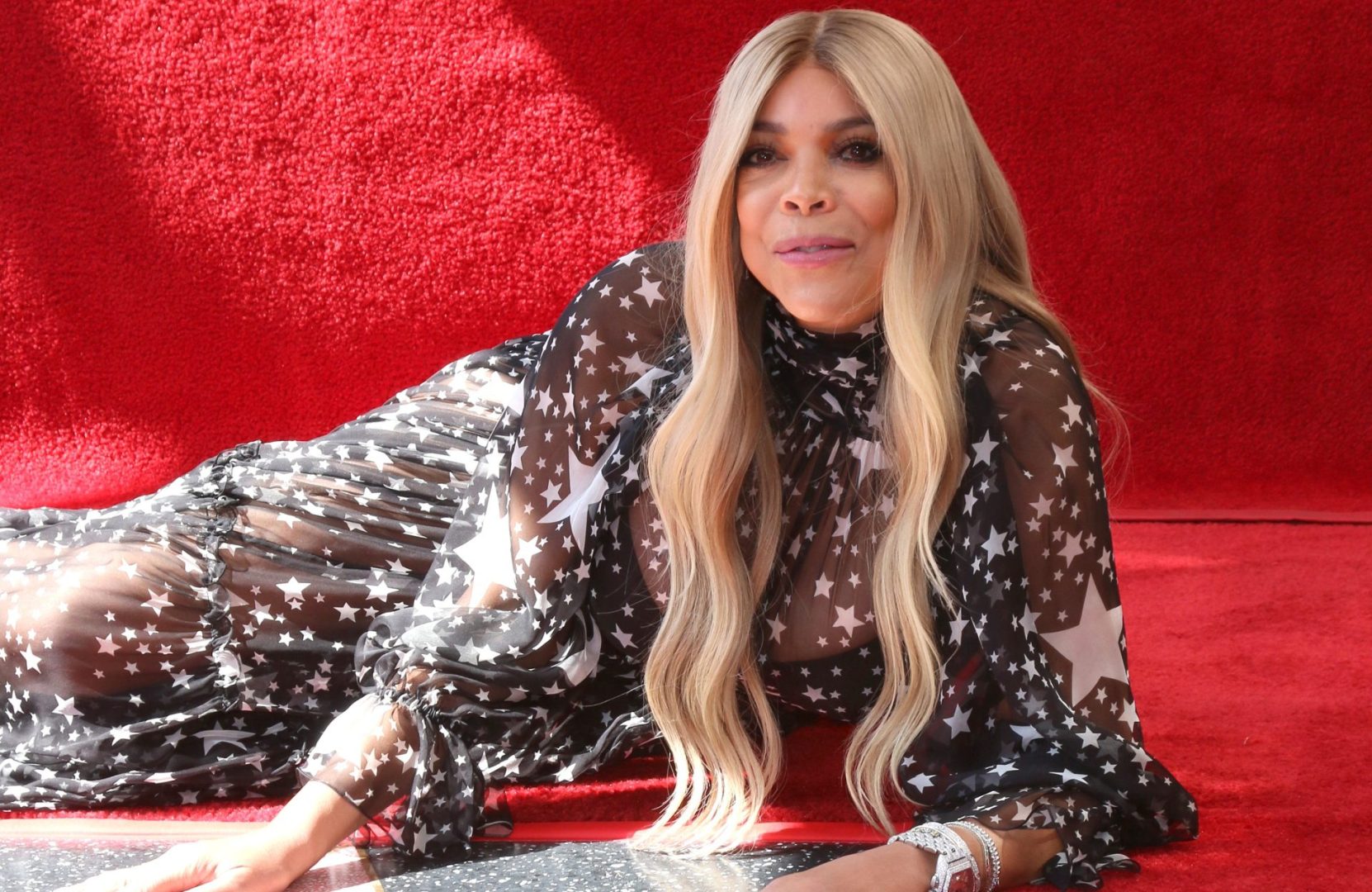On Jan. 18, 2025, Wendy Williams made headlines once again as she openly discussed her struggles with conservatorship and her living conditions, which she described as akin to a “prison.” This revelation comes after a series of reports questioning her cognitive abilities, which Williams vehemently denied during a recent interview on “The Breakfast Club.”
Wendy’s fight for freedom
In her candid conversation, Williams asserted, “I am not cognitively impaired,” countering earlier claims that she was permanently incapacitated. This marks her first public interview since the release of Lifetime’s documentary, “Where Is Wendy Williams?”, where she shared her experiences and challenges.
Accompanied by her niece, Alex Finnie, Williams revealed that she has faced what she describes as “emotional abuse” from her caregivers at a New York facility for elderly patients. She expressed her frustration with the restrictions placed on her, including a lack of access to her phone and laptop, which she feels has contributed to her sense of isolation.
“I am not cognitively impaired, but I feel like I am in prison,” Williams declared. “I am definitely isolated. To talk to these people who live here, that is not my cup of tea.”
Life inside the facility
Williams described her daily routine as monotonous and confining. “I keep the door closed,” she said, explaining that her activities consist of watching TV, listening to the radio, and staring out the window. She lamented the loss of her beloved cats, stating they have been taken from her despite her desire to have them by her side.
Diagnosed with progressive aphasia and frontotemporal dementia (FTD), Williams also expressed concern over the medication she is being forced to take. She described the process of receiving her medication as disheartening, stating, “I’ve had two pills my whole life. There are seven pills, I have no idea what this pill is doing.” This lack of transparency regarding her treatment has left her feeling powerless.
“Where I am, okay? You have to get keys to unlock the door to press the elevator to go downstairs,” she explained. “Second of all, these people here, everybody is like a nursemaid, so to speak. They come in and give your pills, and then you leave.”
The guardianship controversy
Williams has been under court-ordered guardianship since 2022, when Wells Fargo froze her accounts, citing concerns from her former financial adviser about her mental state. New York attorney Sabrina Morrissey was appointed as her legal guardian, a decision that has sparked significant controversy.
During her interview, Williams expressed her belief that the system has failed her. “This system is broken, this system that I’m in. This system has falsified a lot,” she stated, shedding light on her ongoing battle against the conservatorship.
Her family has also voiced their concerns, with Finnie revealing that they have been unable to contact Williams directly. “This is the reality. This has been our lives. But specifically her life,” Finnie shared, highlighting the emotional toll this situation has taken on the family.
Public support and advocacy
Media personalities and advocates have begun to question the legitimacy of Williams’ guardianship. Harvey Levin, CEO of TMZ, spoke with Williams for 90 minutes and described her as “lucid, articulate, opinionated,” contradicting the portrayal of her condition by her guardianship’s attorney. This has raised further questions about the appropriateness of her current living situation.
As the conversation around conservatorships continues to grow, Wendy Williams’ story serves as a poignant reminder of the importance of autonomy and the need for reform in the guardianship system. Her plight resonates with many who have faced similar challenges, and her courage to speak out may inspire others to advocate for their rights.















